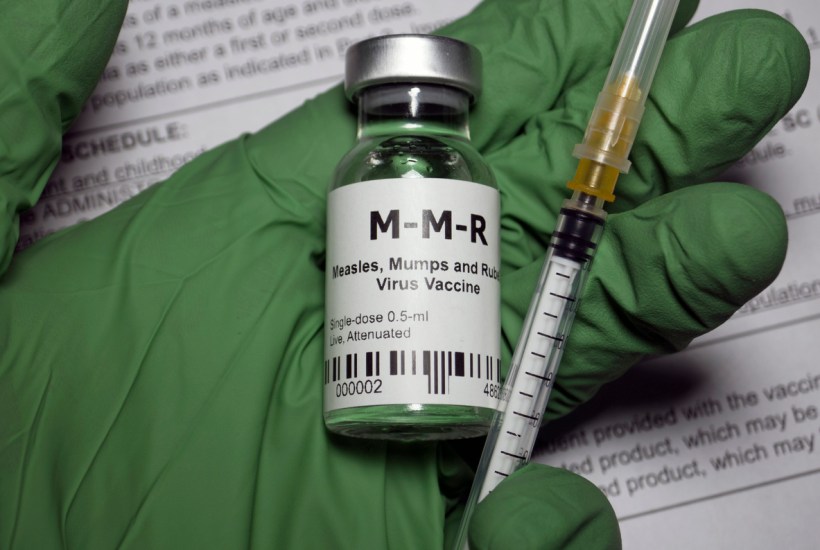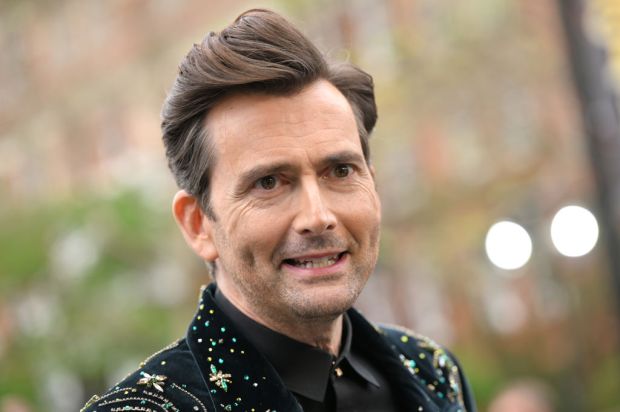Having endured months of restrictions on our freedoms to deal with Covid-19, we now face a major health threat entirely of our own making: vaccine hesitancy. Measles – a centuries-old contagious disease which can lead to serious complications – is on the rise. Hospitals in Birmingham are dealing with their biggest outbreak in years.
Already a subscriber? Log in
Subscribe for just $2 a week
Try a month of The Spectator Australia absolutely free and without commitment. Not only that but – if you choose to continue – you’ll pay just $2 a week for your first year.
- Unlimited access to spectator.com.au and app
- The weekly edition on the Spectator Australia app
- Spectator podcasts and newsletters
- Full access to spectator.co.uk
Or




















Comments
Don't miss out
Join the conversation with other Spectator Australia readers. Subscribe to leave a comment.
SUBSCRIBEAlready a subscriber? Log in